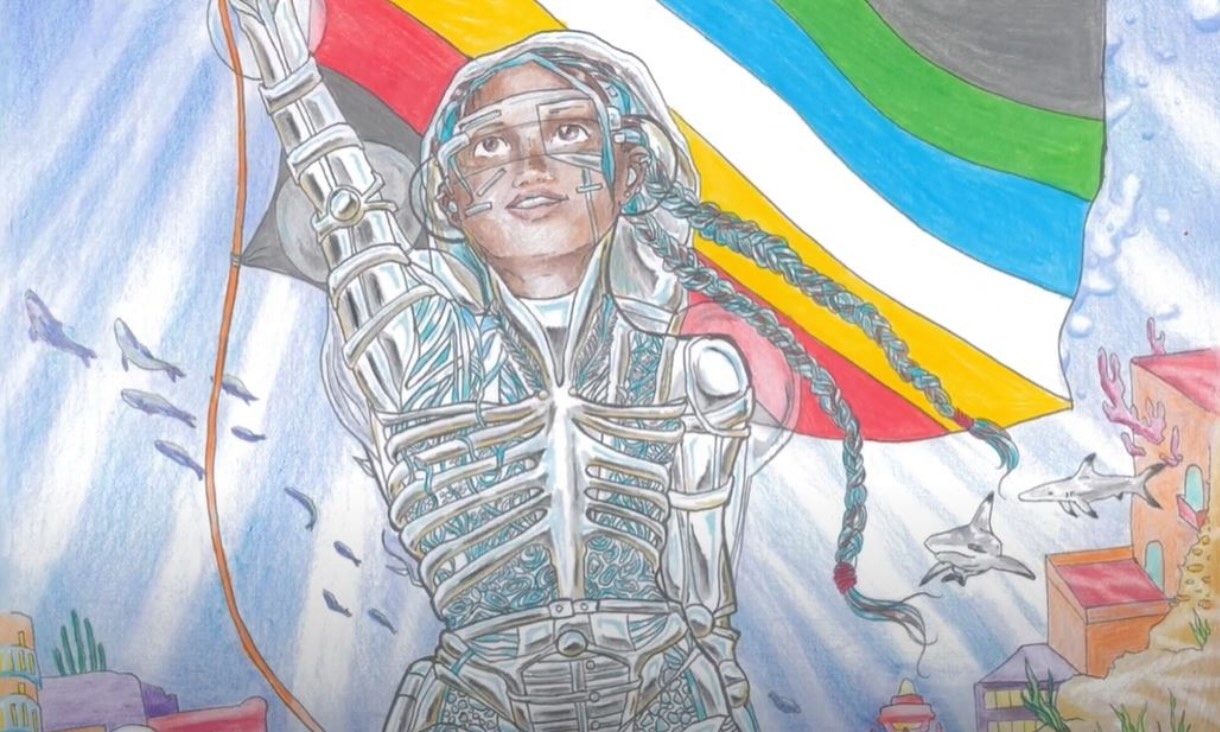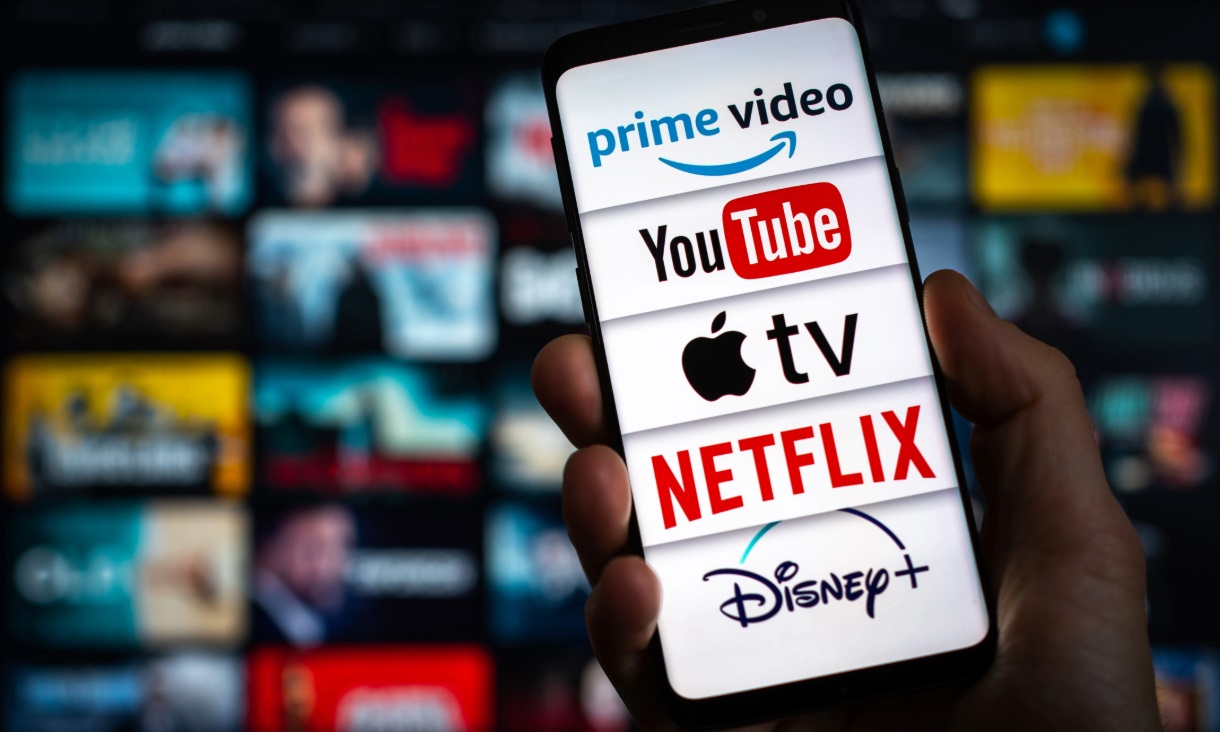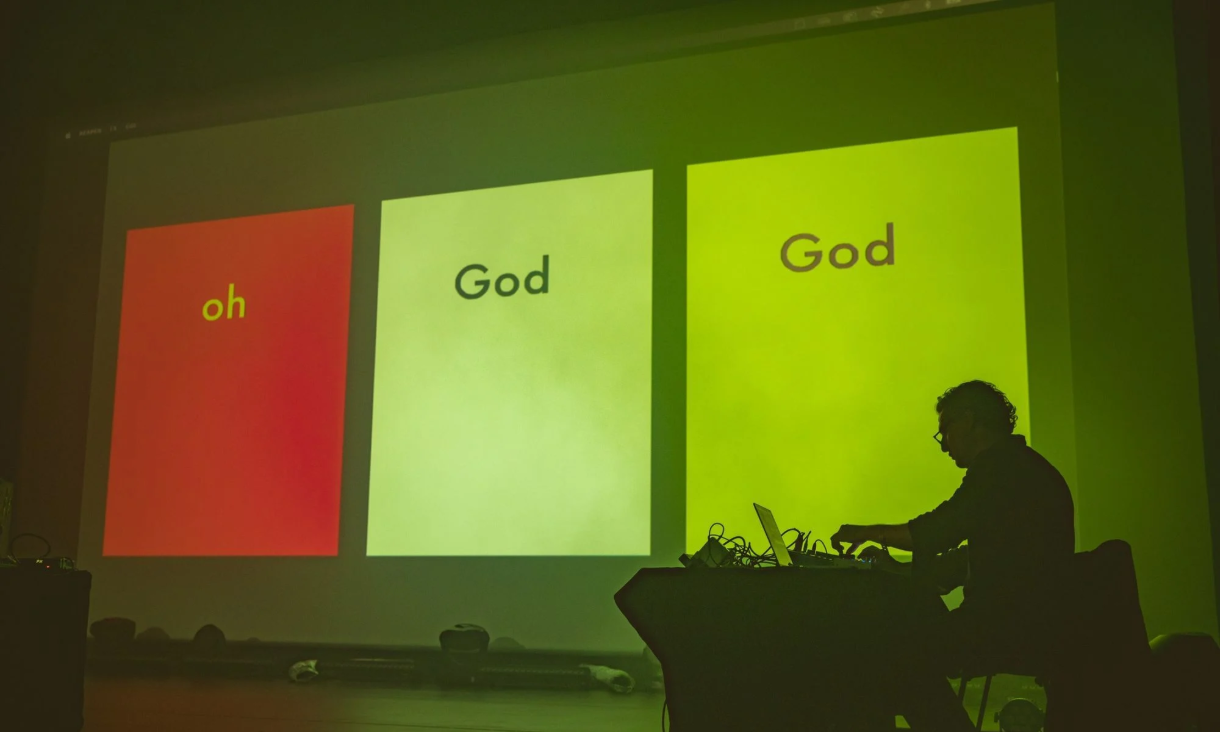Panel member Dr Patrick Kelly calls for the reimagining of queer screen production to harness the potential of the queer gaze and creative storytelling – rather than just queer casting.
Dr Patrick Kelly, School of Media and Communication
“Queer representation will always be important – and queers have been at the heart of music videos since the very beginning.
“I’m interested in what sorts of different approaches a queer perspective can bring and how that might lead to a different outcome to what we are seeing in mainstream media.
“We are still coming to terms with the incredible potential of the queer gaze, and it’s exciting that we are starting to talk more about queer creativity and storytelling, rather than just who is on screen.
“Audiences are often very open-minded in a three-and-a-half-minute timeframe. In that short amount of time, queer audiences have often been able to see themselves in a way that just wasn’t explicitly embraced in mainstream film and television for a long time. And if the viewer is not into it, there’s always the next video, right?
“For filmmakers, music videos offer an incredibly creative opportunity to collaborate with artists from another form to create something that can push a lot of boundaries.
“For queer creatives, I think that provides a creative sandbox to push boundaries and explore new aesthetics or identities – either explicitly or implicitly.”
“The first MTV video clip in 1981 was The Buggles’ Video Killed the Radio Star, directed by gay Australian filmmaker Russell Mulcahy. Later the same day they aired Boys Keep Swinging and Fashion by Bowie. Recent offerings from Lil Nas X, Kim Petras and Sam Smith, and SOPHIE, have all sparked a lot of discussion on a broader cultural level about queer identity and perspectives. There are some really incredible local examples too, from folks like June Jones, Tanzer, and Mo’Ju.
“Many of us have vivid memories of watching Rage or Video Hits on a Saturday morning, and I think these visual accompaniments to music really cement those memories.”
Queer has been used an umbrella term for the LGBTIQA+ community.
Dr Patrick Kelly is a queer creative screen practitioner and Senior Lecturer in Media in RMIT University’s School of Media and Communication.
***
General media enquiries: RMIT External Affairs and Media, 0439 704 077 or news@rmit.edu.au




